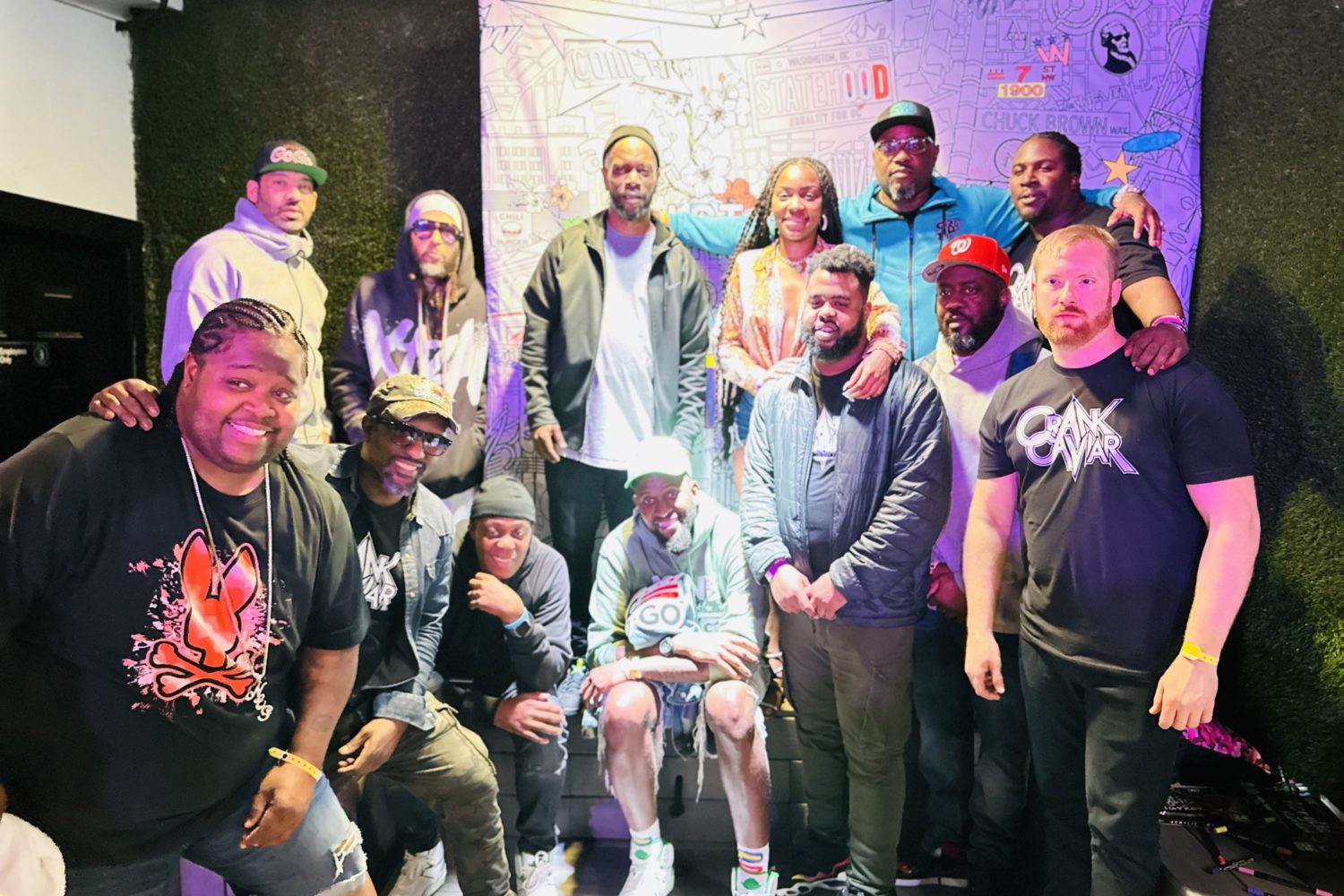On Friday the House of Representatives passed a bill establishing DC statehood, the first time such a bill has ever passed in either chamber of Congress. Written by DC Delegate Eleanor Holmes Norton, HR 51 had 226 cosponsors and breezed through the House of Representatives. If it were to become law, the bill would establish “Washington, Douglass Commonwealth” as the 51st state in the union and allocate DC residents two Senators and one Representative in Congress.
That’s a pretty big “if.” For DC residents to get the voting rights they’ve been denied for 219 years, the bill will have to pass the Senate and be signed into law by the President of the United States. Senate Majority Leader Mitch McConnell has said he wouldn’t bring the bill to the Senate floor, and President Trump has said Republicans would be “very, very stupid” to give DC statehood.
But while Washingtonians shouldn’t expect to see “no taxation without representation” removed from their license plates anytime soon, the future isn’t totally bleak. Norton says the very fact her bill is being brought to the House floor right now is an indication of the changing views on DC statehood. Currently, only priority bills are being discussed in the House given the pressing need to address the coronavirus pandemic and police brutality.
“That this bill is being placed alongside bills that must pass, like the bill for new budgets in Congress, it [shows] that House leadership recognizes the historic importance of this bill, and not to leave it a moment longer than we have the votes to pass it,” Norton says.
Paul Strauss, who as one of DC’s shadow senators has a perch from which to advocate for statehood, allows that only 41 US Senators publicly support the bill. Still, six of those lawmakers, including Michigan Senator Debbie Stabenow and Montana Senator John Tester, Strauss notes, have added their support in just the past month. What changed? The federal government’s show of force in the District to quell First Amendment protests didn’t sit well with many lawmakers and their constituents, Strauss says.
There’s also the question of how this all looks to the international community. Norton says the United States is the only democratic country in the world to deny voting rights to the citizens of its capital, and Strauss says individuals were “working to raise the profile of statehood” with the UN Human Rights Council and the EU Parliament, both of which he says have expressed concerns about the lack of DC statehood.
“It’s become a blotch on our reputation in the international community,” Strauss says. “That concerns senators, and it’s certainly moved Republican senators towards supporting DC rights in the past.”
Closer to home, the conversation about statehood has changed dramatically in the DMV in the past few years. Virginia and Maryland Congressional leaders have previously expressed concern about the potential for a commuter tax on suburban DC workers should the District be granted statehood. Now, despite that possibility, all four Maryland and Virginia senators are in favor of DC statehood, and House Majority Leader Steny Hoyer, a Maryland rep who long opposed DC statehood, is responsible for bringing the bill to a vote.
All of this is music to DC Mayor Muriel Bowser’s ears, who has said she had to “fight” to be included in gubernatorial discussions about how to respond to the coronavirus pandemic. In addition to an influx of federal forces, District leaders have also had to deal in recent months with a pittance of federal coronavirus response funding, as DC’s lack of statehood made it ineligible for the same level of funds distributed to the rest of the country.
While all these points are valid and compelling, they’re currently moot with a Republican-controlled Senate and Executive branch. But this national moral reckoning could be the thing to spur action if Congress and the White House go blue in November. And Norton urges people not to underestimate the power of this current moment.
“The House is such a large part of the United States,” she says. “I always say, when you get something through the House, you’re more than halfway there.”



















